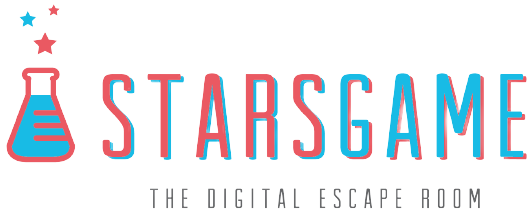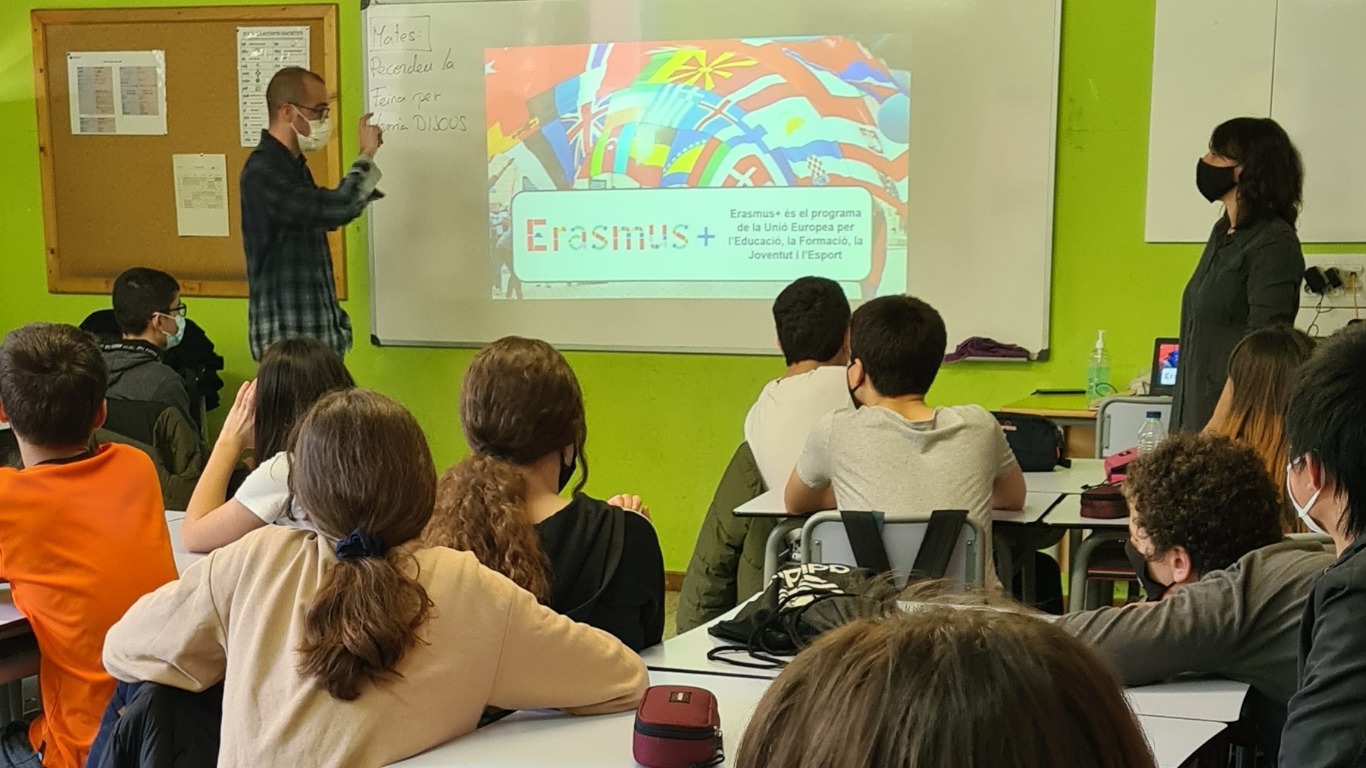- Four European research centers participate in the Erasmus+ project STARS GAME: IDIBELL (Spain), AIRC (Italy), EDA6 (Slovenia) and HMGU (Germany).
- During the project, a digital escape room will be co-created in coordination with teachers, students, researchers, and science communicators.
- The initiative aims to raise awareness about different scientific aspects in today’s society and stimulate interest in biomedical research.
Four international institutions, Fondazione AIRC from Italy, who leads the project, Poslovno Svetovanje from Slovenia, HMGU from Germany, and IDIBELL from Spain, have been awarded a 2020 Erasmus+ grant by the European Commission. A total budget of more than 400.000 euros will ensure the creation of a strategic partnership to support innovation in science education across countries. The project is called STARS GAME (InveSTigating As Researchers at School is a GAME) and will last for 3 years. The aim is to develop innovative game-based and inquiry-based practices to implement a digital escape room. Activities involve workshops with 10-13 years old students and their teachers in 4 countries.
This week, scientific communicators from the four partner institutions conducted the first workshops with different high school groups in their respective areas. The escape room will be designed according to the information extracted from these workshops.
The development of this escape room pretends to stimulate the interest in biomedical research by active involvement and gamification of educational activities. Once the escape room is designed, the students play at being scientists from different fields, that need to compare their work to develop a treatment against an unknown disease. The final aim is to improve students’ evidence-based reasoning, problem-solving capacities, and critical thinking.
In parallel, workshops organized by scientific communicators will introduce the Design Thinking principles in the creation of science communication activities to researchers. The main objective of these workshops is to showcase the value of creativity in science and help scientists to become more comfortable in free-form thinking, exploring space, so they can ultimately be more proud and confident about their creative skills.
The inputs received during the workshops will be collected in two guidelines. Teacher guidelines, developed to teaching science with an inquiry-based and game-based approach, and researcher guidelines, to increase the capacity to communicate science.
In order to share the results of the project with a large audience, each partner will organize a multiplier event. During these events, the intellectual outputs obtained in the workshops will be shared with other teachers, researchers, and scientific communicators initially not involved in the project.
Erasmus+ is the EU’s program to support education, training, youth, and sport in Europe. With an overall budget of 14,7 billion, it contributes to the Europe 2020 strategy for growth.
With the support of:



